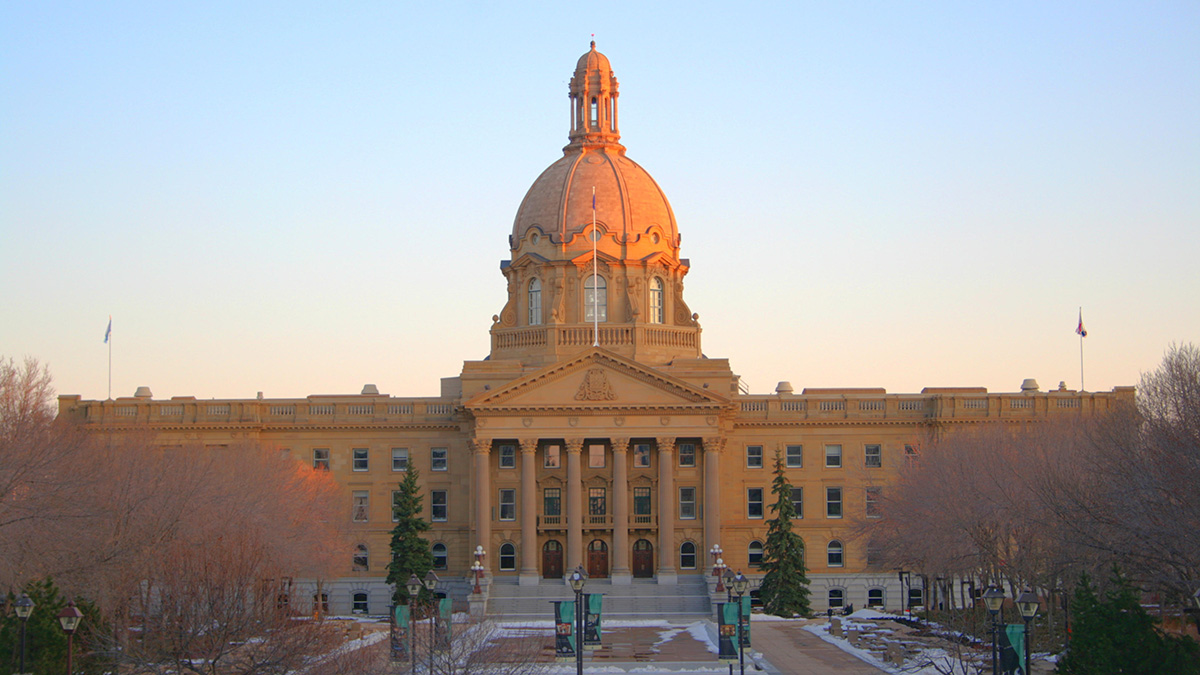 Christina Varvis
Christina VarvisIt’s now 2016 and we’re definitely living in the future. I can use my cell phone to hail an Uber to drive me to the restaurant I Yelped, and Instagram the food to show my friends how it was before I even leave. Then I can go home and stream movies over the internet via Netflix until I fall asleep. In the morning, my phone wakes me up when my sleep cycle is at its best point and let’s me know what’s in my schedule for the day.
But for whatever annoying reason, we still have to file our own taxes.
It’s unfortunate because humans are prone to making mistakes. We’re lucky to have software to help us out, but it’s still possible. I made an error on mine last year. I got married in 2014, and when doing my 2014 taxes in 2015, I mistakenly filled out that I wasn’t married. I misread the prompt that came up on Simpletax. My wife filled her’s out correctly, so the Canadian Revenue Agency knew something was up and sent a letter. I quickly amended the mistake and thought that was that.
Then I got a bill for over $650 in the mail. It turns out, getting married means you have to pay back years of GST credits. That $650 was close to three years of them. As a student that didn’t live at home anymore, getting a bill for that amount wasn’t a drop in the bucket; it’s more than I pay for my share of the rent.
But I’m not even that mad that I had to pay back the credits. What I am annoyed about is that the Canadian Revenue Agency didn’t know I was married. Why is it up to us to put information into our tax returns that the government already knows? I had to buy a marriage license, get a commissioner, and have them register the marriage with the government.
I guess communication gets interrupted along the way due to different government agencies, especially since marriage is handled provincially and taxes federally. So why not let computers handle it? It’s the same argument I have for automating all things that can be automated: humans are prone to making mistakes that machines won’t. Why not have a central database that our civic, provincial and federal governments can draw from to find out relevant information about us?
Of course, this can get really dystopian really fast. Most of us are, reasonably, scared by the idea of the government building up vast stores of information on what we do, what we look at online, and where we go. We’re only fine with private companies like Google and Facebook doing that, right? So I would propose that the database be open-sourced. Not the data itself, but the schema, the programs that access it, and all those technical things I won’t get into. Then we can continue pretending that the government doesn’t spy on us because that’s CSEC’s job, not this database’s.
Making the database open source wouldn’t just help in keeping government accountable, it would allow our country’s citizens to go in and fix bugs themselves. Giving university computing science students a project to fix a bug on Canada’s Citizenbase GitHUB repo would be much more rewarding than getting them to make yet another app that they’ll never look at again.
Each agency should only have access to view information that’s relevant to it, and those that access it would need some sort of security clearance. Now the Canadian Revenue Agency wouldn’t need to see if I filled out the box saying that, yes, I am married. It could just ask the database and know instantly. And it wouldn’t just help with marriage; it would be easier for people to change all sorts of information, such as names, addresses, genders, and dependants. It could store prescription and health information, work benefits status, and more.
Going back to taxes, businesses should be able to automatically let the government know how much they’re paying employees, and banks should automatically notify them of changes to RRSPs and TFSAs. This would make filing taxes unnecessary for the majority of Canadians. Those that do need to report other income or information would still have to in April, but the whole process would be simpler.
The New York Times recently published an article proclaiming Canada hip. It was in the style section, and featured people like The Weeknd, Drake and Ryan Gosling. Let’s make them write another article like it, but in the tech section. Canada can show leadership in technology, while also making lives easier for its citizens, and making government more efficient and accountable. We just need to do it right, or else the government will face potentially valid accusations of Orwellianism.




